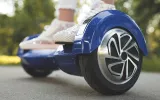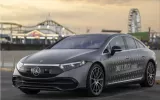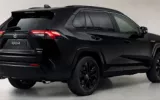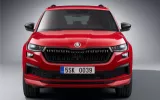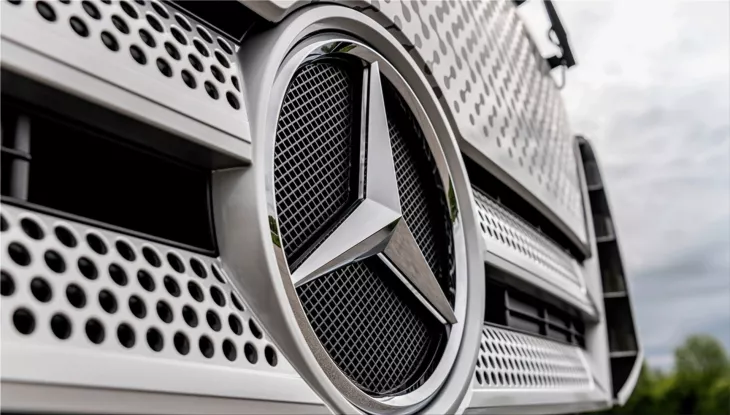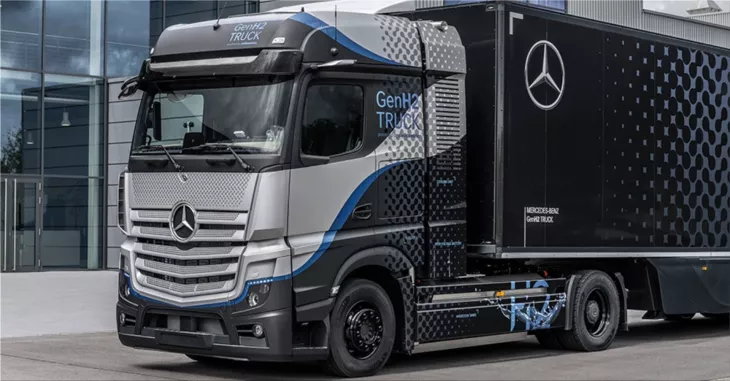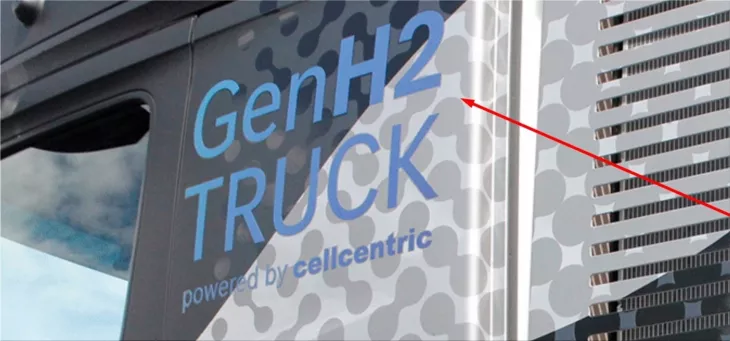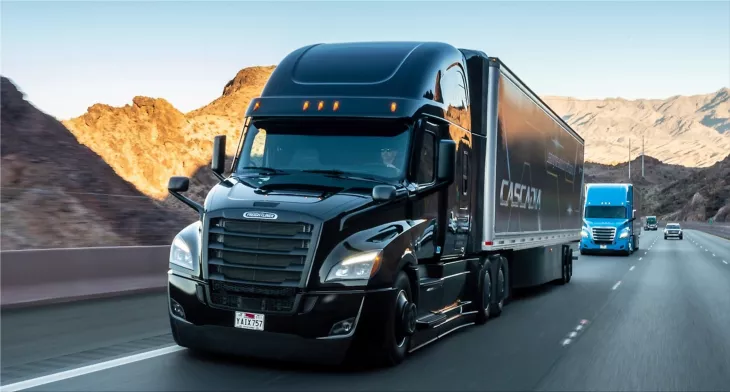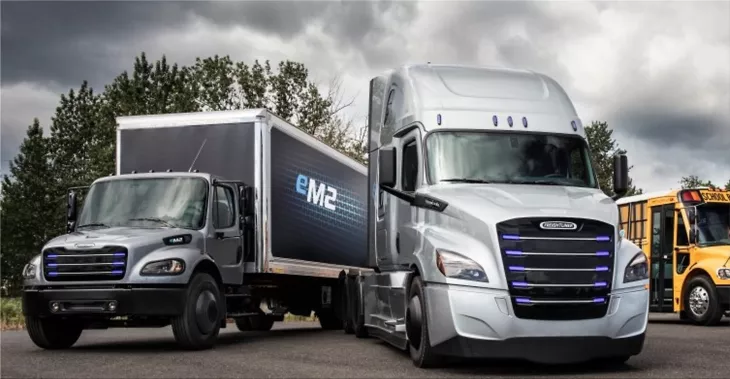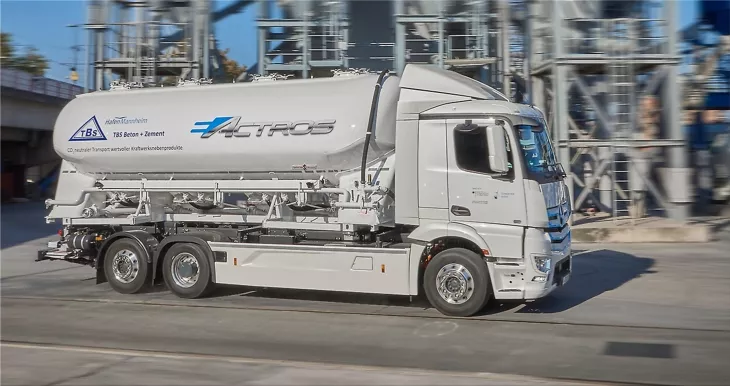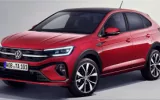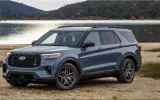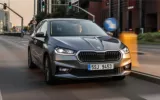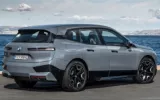According to Daimler Truck, the world's largest truck manufacturer, diesel vehicles are increasingly being phased out in the EU. According to Andreas Gorbach, a member of the Board of Management of Daimler Truck AG, the Daimler corporation aims to reduce CO2 emissions for its truck fleet by 2030 more than the international community requires. Daimler Truck expects to sell 40 % to 60 % CO2-neutral battery or hydrogen fuel cell trucks in the EU by 2030.
Andreas Gorbach justified the wide range of percentages by stating it's difficult to forecast how energy and hydrogen prices will evolve, how battery and hydrogen truck infrastructure will be built, and whether lawmakers will rapidly pave the way for a fair playing field with diesel trucks. Compared to the reference period between mid-2019 and mid-2020, the EU requires truck manufacturers to reduce CO2 emissions of newly registered vehicle fleets by 15% by 2025 and 30% by 2030. If the objectives are not met, harsh fines are to be enforced.
Alternatively powered trucks must be able to pay for themselves as quickly as possible if they are to succeed. According to Gorbach, politicians must create incentives in this area. "As a truck manufacturer, we can't declare, we now only offer electric trucks, electric cars, and electric vans, and that costs the customer a certain amount more per car." There is an immediate added value for the customer. Then there will be an automatic increase in the market share of climate-neutral vehicles.
According to Gorbach, the automotive industry must commit to bringing battery-electric trucks and fuel cell trucks to the same level of the total cost of ownership as today's diesel trucks by the mid-2020s and the second half of the decade respectively. Apart from the purchase price, the most crucial factor is that the buyer will have the same amount of money in his pocket in a few years with an alternatively powered truck as he would have had with a diesel model.
Customers that want to drive "green" trucks as part of their sustainability strategy do exist, according to Gorbach, but they are few. Instead, customers will typically choose a diesel truck over a fuel cell or battery-electric truck as long as the operation of a diesel truck is more cost-effective.
Daimler Truck is expanding its electric range, relying on battery systems and electric drives using hydrogen fuel cell technology. There was a forecast for the next generation of models last year. By 2022, series vehicles with battery drives should be part of the portfolio in the major markets of Europe, North America, and Japan. By 2039, Daimler Trucks & Buses intends only to sell CO2-neutral vehicles in these areas.

